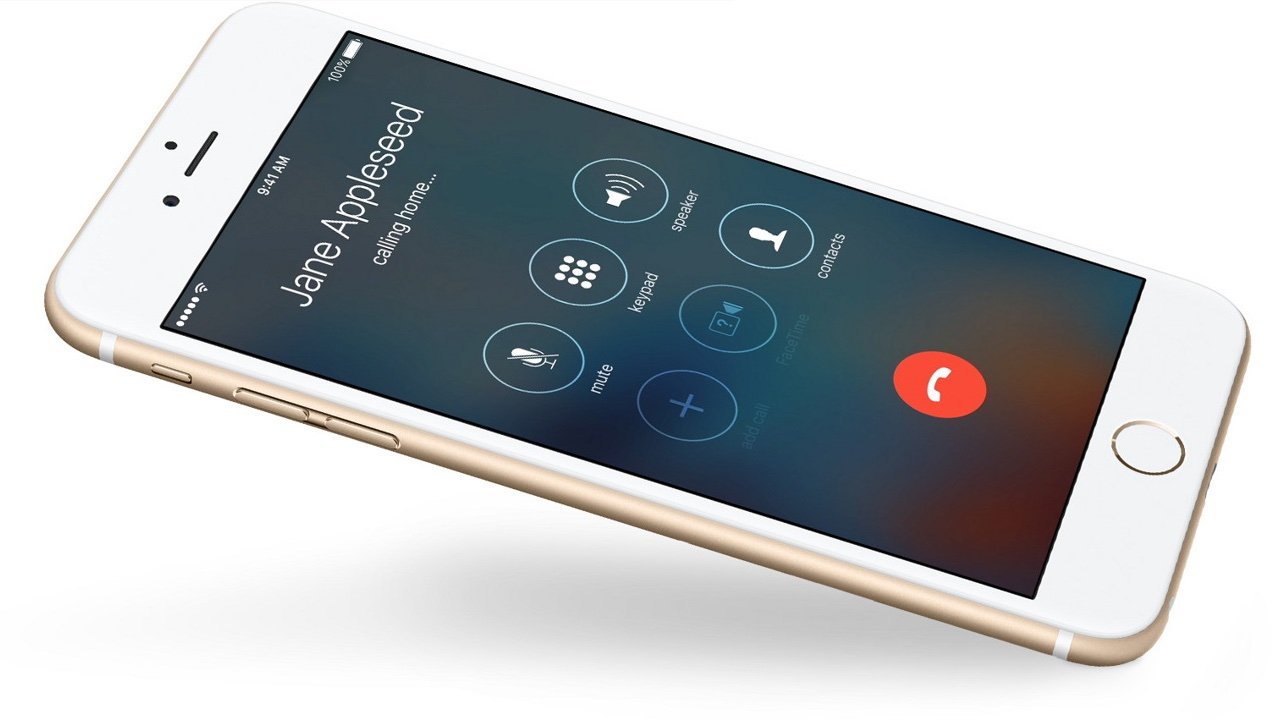The California Institute of Technology (Caltech) has disclosed that it has reached a potential settlement over its years-long dispute with Apple and Broadcom over the use of Wi-Fi patents.
Caltech began its legal battle in 2016, when it accused Broadcom and Apple of violating four patents it holds recording Wi-Fi. Four years later, Caltech won its case and Apple was ordered to pay $838 million in damages, while Broadcom was similarly required to pay 270 million.
Naturally, the case went to appeal, but over the course of the next two years, the legal case split into two. Apple and Broadcom wanted to argue that Caltech's patent claims were invalid, and also tried to get a new damages trial in order to reduce the amounts they had to pay.
In 2022, Apple and Broadcom initially got their new trial over the damages. They did not win the argument about invalidating the patents, however.
The that ruling about granting a damages trial was overturned by the US Supreme Court, which elected to not hear that challenge.
According to Reuters, Caltech appears to have reached a potential settlement. The news comes from a court filing on August 10, 2023, which itself followed a telephone conference between the parties.
"Potential settlement is reached," says the court filing. "For reasons stated on the record, the status conference is continued to August 24, 2023 at 8:30 a.m."
There are no further details on the half-page filing, and as yet it is not confirmed whether Caltech's potential settlement is with both Apple and Broadcom. The reasons for the status conference continuing is also not recorded in the filing.
But all three companies are due to file a new, joint status report "by noon on August 18, 2023."
 William Gallagher
William Gallagher


 Oliver Haslam
Oliver Haslam
 Thomas Sibilly
Thomas Sibilly
 Marko Zivkovic
Marko Zivkovic

 Wesley Hilliard
Wesley Hilliard
 Malcolm Owen
Malcolm Owen
 Andrew Orr
Andrew Orr



-m.jpg)






6 Comments
If you have that much $, you can hire a good law firm to represent you all the way to the highest court of the land. Who knows maybe even to heaven….
CalTech, that notorious patent troll, doesn't deserve to be rewarded for their nefarious behaviour... /s
Four WiFi patents out of many are worth that much? Did these patents become part of standards? I also have an issue with schools that receive government money are able to get patents. Were any of the many students who worked on WiFi paid any money? I’m sure Caltech will be getting the majority of it, using student (unpaid) labor.
Universities have had slave" labor for years known as students.